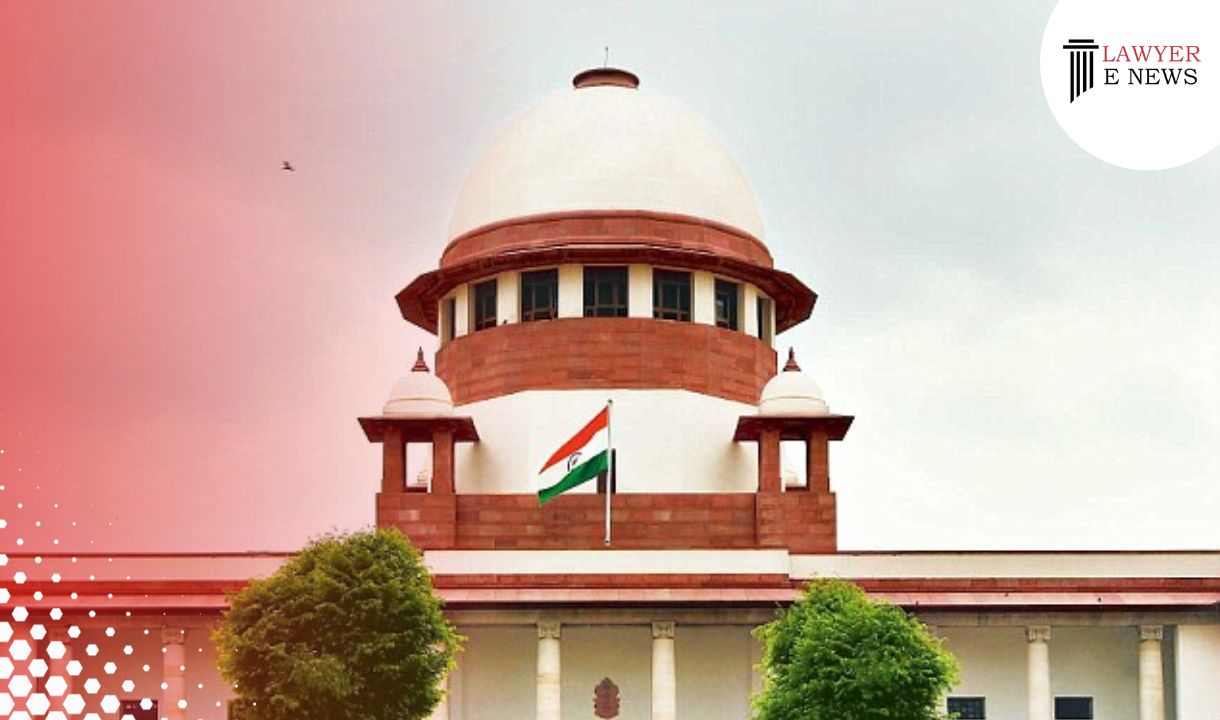-
by sayum
14 February 2026 2:22 PM



Supreme Court overturns convictions under Sections 7 and 13(1)(d) of the Prevention of Corruption Act, citing lack of evidence.
Supreme Court of India has acquitted Mir Mustafa Ali Hashmi, a Forest Section Officer, who was previously convicted of bribery under Sections 7 and 13(1)(d) read with Section 13(2) of the Prevention of Corruption Act, 1988. The Court found significant gaps in the prosecution’s case, particularly the lack of concrete evidence on the demand and acceptance of bribe, leading to the overturning of both the trial court and High Court’s decisions.
The case against Mir Mustafa Ali Hashmi (AO1) and co-accused N. Hanumanthu (AO2) began with allegations that they demanded and accepted a bribe from Mukka Ramesh (PW-1), who operated a saw-mill. On January 6, 2003, AO1 and AO2, part of the Flying Squad of the Forest Department, conducted an inspection at the saw-mill and imposed a fine of Rs.50,000 for the possession of illegal teakwood. Subsequently, it was alleged that AO1 and AO2 demanded a monthly bribe of Rs.5,000 from PW-1 to avoid further legal action.
The Supreme Court, led by Justice Mehta, noted that the prosecution failed to provide direct or circumstantial evidence of AO1 demanding a bribe. The Court emphasized that the demand for a bribe must be unequivocally established either through direct evidence or reliable circumstantial evidence, neither of which was sufficiently presented in this case.
The Court found inconsistencies in the testimonies of key witnesses. PW-1, the complainant, admitted in cross-examination that he picked up AO1’s rexine bag from the coffee shop, which raised doubts about the alleged bribe transaction. PW-2, a close friend of PW-1 and the shadow witness, could not confirm crucial aspects of the prosecution’s story, further weakening the case.
The Court criticized the procedural lapses during the trap proceedings conducted by DySP G. Ramachander (PW-10). It highlighted that there was no attempt to independently verify the demand for the bribe through recording devices or independent witnesses, which is a crucial step in such operations.
Justice Mehta stated, “The evidence on record, including call detail records, did not support the prosecution’s claim of continuous harassment and demand for bribe by the appellant. The inconsistencies and lack of corroborative evidence cast serious doubts on the prosecution’s case.”
Justice Mehta remarked, “The prosecution has failed to prove the demand and acceptance of bribe by reliable evidence. The discrepancies in the testimonies of the prosecution witnesses and the procedural lapses during the trap proceedings undermine the credibility of the case against the appellant.”
The Supreme Court’s judgment underscores the importance of stringent evidence requirements in corruption cases. By acquitting Mir Mustafa Ali Hashmi, the Court reinforced the principle that mere allegations without concrete proof cannot sustain a conviction. This judgment is expected to impact future cases, emphasizing the need for meticulous adherence to legal standards in proving charges of corruption.
Date of Decision: July 10, 2024
Mir Mustafa Ali Hashmi vs. The State of A.P.'
